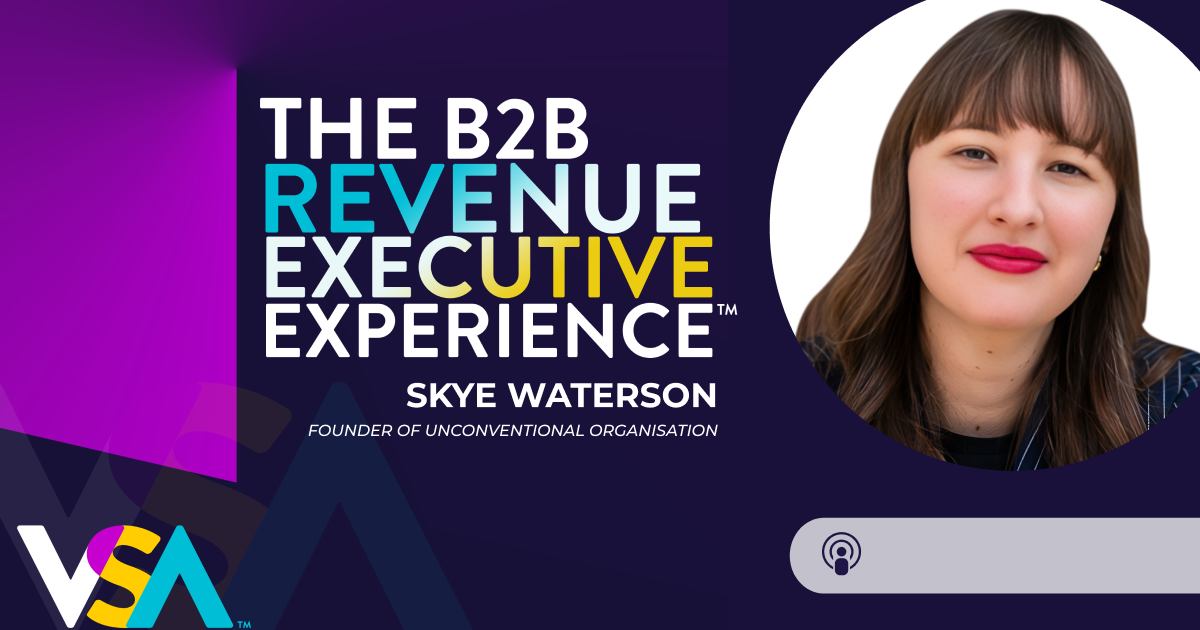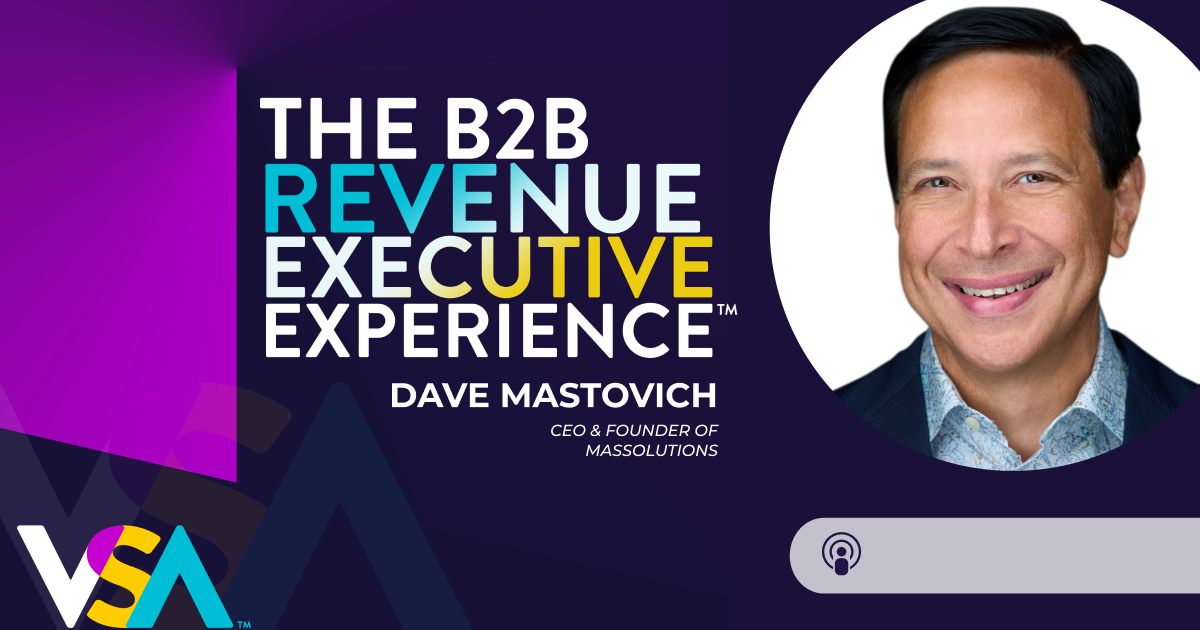Why Founders Often Make Terrible CEOs

Quite commonly, founders make terrible CEOs.
They often have a difficult time segregating their personal relationships with their founding teams from the objective reality of the situation. That’s not an attack on founders: it’s hard time starting a company from scratch, and you often have to have a band of loyal followers in the beginning. The problem is that a company, once it scales, usually needs much different talent.
A good analogy is a snake shedding its skin in order to grow. The skin can’t grown any further, and in order for the snake to be viable at the next stage of growth, it has to form a new skin. This is what founders often have to do with original team members, which obviously can be very, very difficult.
We recently interviewed Les Trachtman, CEO of Purview, who shared from his experiences taking over the CEO role from six different founders. He also talked about his upcoming book, Don’t F*** It Up (and 31 other things a founder should never say).
Here are the highlights of that interview.
How Founders Respond When Someone Else Steps In

The transition is difficult. Obviously.
Depending on who the founder is, and how they view the capability of their successor, they may either listen gladly or, more often than not, become apprehensive. In some cases, they’re reticent to make changes and in others, they’re downright stubborn and won’t. Then you get into that sticky situation of “who’s in charge now?”
To resolve that, the question of “who holds the gold?” usually determines who gets their way. This could be investors, or it may even be the founder. If the founder gets their way, that’s usually not good news for their successor.
The Problem of Generating Revenue
Usually, when someone like Les encounters a company, the issue at hand is one of scaling revenue. In many cases, the initial sales will be made through the personality of the founder, who may be involved in all sales, or through sheer brute force of the personality that the team has. There’s very little process behind these early sales—they’re all based on existing relationships.
If you’re going to scale a company, although having the founder around is often good news, ultimately you’ve got to hire a team of “mere mortal human beings.” These people are not founders. They may be good at what they do, but they don’t have the founder’s personality.
What Works Best for Quickly Scaling a Sales Organization?
In organizations that are founder-sales driven, the founder usually doesn’t naturally like process. Yet when you get to the scaling part, processes are essential.
Founders often hire a bunch of salespeople and don’t know how to keep them accountable. Probably most important, they fall prey to a salesperson who’s trying to make the founder feel good. While the salesperson may have real sales leads, like most salespeople they are optimistic, which often translates into “happy ears,” meaning they hear what they want to hear.
They take that news back to the founder and create rosy sales projections that often become disappointments. That’s a big problem.
To scale a sales organization, the CEO stepping in must have an objective view. They must implement a solid sales process.

How Receptive Are Sales Teams to These Processes?
Responses are mixed.
Sometimes you get salespeople who crave a process, who want to be held accountable because they believe they’re better than the average salesperson. Other times, you find salespeople who have sold themselves into landing a good job but aren’t necessarily great salespeople in their company role.
Since founders often aren’t tuned into the real details of successful salespeople, they can be persuaded that their salespeople are simply “good people.” Les has seen a couple of times where somebody has sold something to a founder, who bought it and said, “Wow, that was a good sales guy,” and hired them, even though their skills may have nothing to do with their company going forward.
What About Founders Who Don’t Need a Process “Because We Hire A-Players”?
Les has never met a sales team that had 10 people who were all A-players. Let’s start with that reality.
Founders can sometimes have a skewed view of what an A-player really is. Les told us that he’s probably never run into a founder who doesn’t think they know how to sell better than him. Many are better salespeople than he is, but not very often do they understand the process necessary to run a sales team and make it accountable, predictable, and successful.
Recently, he ran into a CEO who said, “The only thing you won’t have to worry about is sales, because I’m really good at that.” His antennae went up. Sales was probably the first place that needed help in that company, he thought.
He was right.
Conclusion
As a bonus, we asked Les what sales techniques are effective when people sell to him. Mainly, he told us what not to do:
- Don’t start off a sales conversation with inane small talk, especially if you don’t know the person.
- Don’t be the salesperson who says, “People like you have to do these things, and I can provide you with those things.” The person you’re selling to is not like everybody else. Don’t lump them into a category with others.
Les did give advice on what salespeople should do, though. People who take the time to get to know him, who show that they know something that isn’t obvious about him—that’s what gets his attention.
If a person’s going to take a great deal of time before he even says hello, perhaps they are smart enough to help him. You should never contact somebody unless you’ve done all the research you possibly can to understand them and their business.

Acceleration Insight
In each episode of the B2B Revenue Executive Experience, we’re going to ask our guests for one nugget of wisdom they would impart to a sales professional. Here’s this one:
“For most salespeople starting out, there is no substitute for prospecting. A lot of salespeople say, ‘I’m smooth. I don’t need to do all that prospecting.’ Ultimately, you have to build a pipeline. Sales is a ‘contact sport’: you gotta make contact or you can’t have sales.”
This post is based on a podcast interview with Les Trachtman from Purview. To hear this episode, and many more like it, you can subscribe to the B2B Revenue Executive Experience.
If you don’t use iTunes, you can listen to every episode here.
Explore More









